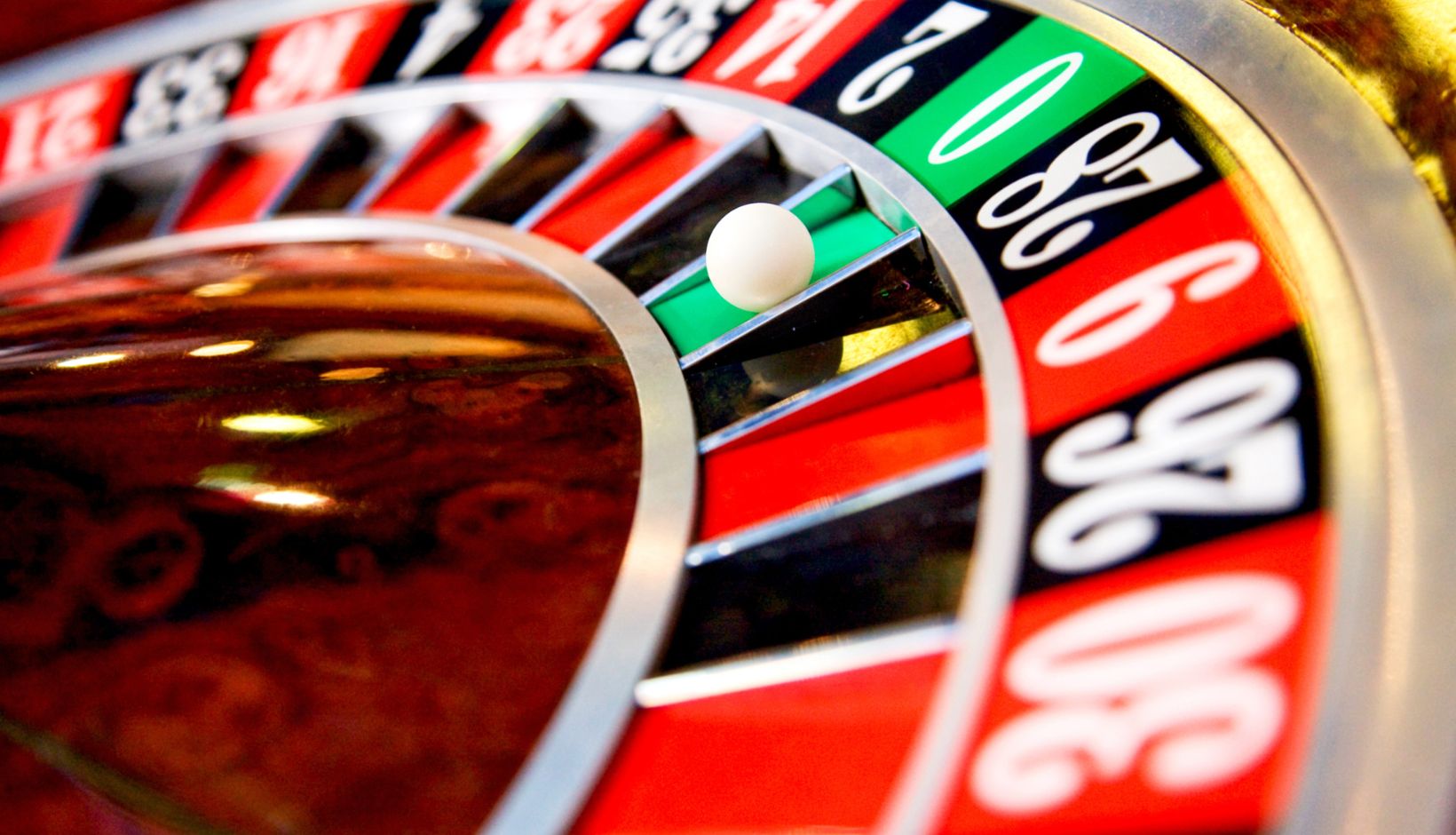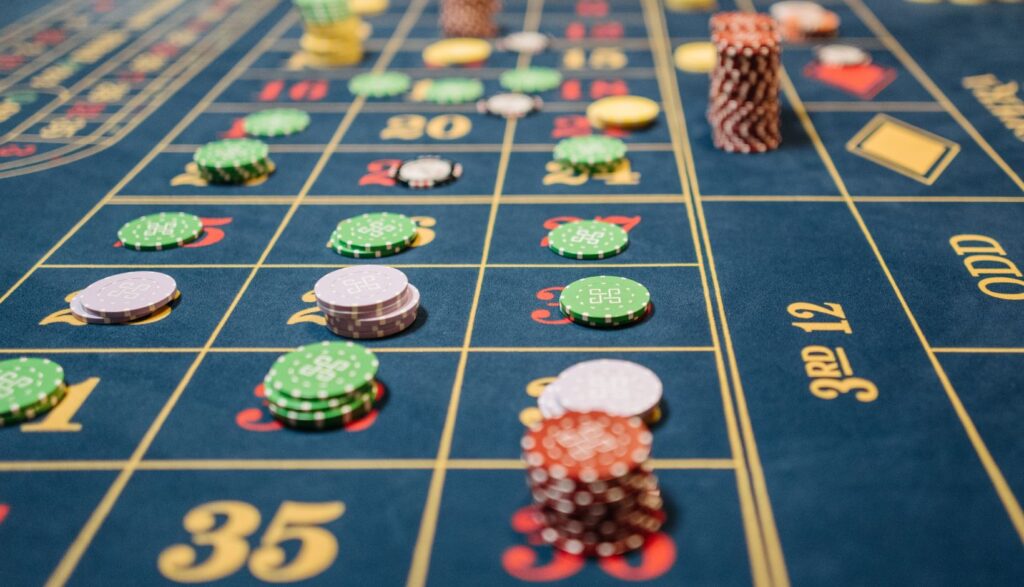The key idea behind your betting results is math. Whether you’re using tools like 22bet UEFA Champions League Predictions for sports or simply trying your luck at the casino, this holds true. Every outcome, from a roulette wheel’s spin to a craps game’s dice roll, is controlled by variance, payment structure, and probability. Although a single game’s result can be influenced by luck, the casino’s long-term advantage is maintained by precisely calculated odds.
The Fundamentals of Casino Odds
To be lucrative, casinos don’t depend on superstition or pure luck. Rather, they combine statistical modeling, decades of player data, and probability theory. Knowing these fundamental ideas makes it easier to understand why the house has an edge in various games and how you, as a player, can reduce your losses or perhaps even turn a profit.
House Advantage vs Expectations of Players
You are effectively getting into a contract each time you place a wager. You consent to risk a specific sum of money in exchange for the possibility—but not the assurance—of winning more. The mathematical formula that shows the proportion of each stake that the casino anticipates keeping over time is known as the house edge. This doesn’t mean the casino wins every bet. However, the house will win eventually if you look at many bets, like thousands or millions.
Structures of Payout and Volatility
The degree to which your returns on individual bets can fluctuate is known as volatility (or variance). While a high-volatility proposition, such as a single-number bet, has longer losing streaks but larger payouts when you ultimately hit, a low-volatility bet, such as betting on Red or Black in roulette, yields smaller, more frequent wins or losses.
The purpose of payout structures is to maintain gameplay interest. For example, a single-number roulette wager has a much lower chance of winning than a wager on Red or Black that is almost 50/50, even if it can pay 35:1. The expected value usually favors the casino. However, how this advantage shows up during play depends on the payout plan and volatility.
Breaking Down Roulette Bets
With its spinning wheel, bouncing tiny ball, and rows of red and black numbers, roulette is one of the most recognizable casino games. Despite its seemingly random appearance, roulette’s results are based on probability. Additionally, the game offers a variety of bet kinds, each with unique odds and possible rewards. 
Bets: Inside VS Outside
Two common locations for your chips are inside (on particular numbers or smaller groupings of numbers) and outside (on huge portions like Red/Black or Even/Odd) in roulette. Knowing the distinction is essential:
- Inside Bets:
- Straight-Up Bet (Single Number): Pays 35:1, but your odds of winning are 1 in 37 on a European wheel (2.7%) or 1 in 38 on an American wheel (2.63%).
- Split Bet (Two Adjacent Numbers): Pays 17:1, with the winning probability doubling from a single-number bet but still relatively small.
- Street Bet (Three Numbers in a Row): Pays 11:1.
- Corner Bet (Four Numbers): Pays 8:1.
- Outside Bets:
- Red/Black, Even/Odd, High/Low: Typically pays 1:1. Probability hovers around 48.6% in European roulette (less on American) because of the zero (and double zero in American).
- Dozens or Columns (Betting on 12 numbers): Pays 2:1. With 37 or 38 total numbers, this is roughly a 32-33% chance.
The House Edge stays the same for all these wagers in a single roulette variation. Unlike European roulette, which only has a zero, American roulette has a zero and a zero, which effectively doubles the house advantage. You can choose a “inside” wager for greater thrills or a “outside” wager for a more stable experience. In any case, the house finally wins thanks to the quiet math.
The Science Behind Craps Bets
Another casino mainstay, craps is well-known for its vibrant table atmosphere and extensive betting selection. There is tension and excitement in the air from when the shooter picks up the dice. However, if you know how each bet works, the game’s social atmosphere becomes much more approachable, even though it might be scary for new players.
The Basics of Line Bets
- Pass Line: The most popular craps wager is this one. You’re betting that the shooter will set a point (4, 5, 6, 8, 9, 10) and hit it again before rolling a 7. You also win if they roll an 11 or 7 on the come-out roll.
- Don’t Pass: This bet, the inverse of the Pass Line, wins if a 7 is rolled before the designated point or if a 2 or 3 emerges on the come-out roll (12 usually results in a push, depending on house regulations).
Betting on Propositions: High Risk, High Return
The smaller boxes in the middle of the craps table are proposition bets, sometimes known as “props.” Despite their dazzling rewards, they have a far larger house advantage. Among the examples are:
- Any 7: Pays 4:1, but the probability of rolling a 7 is 6/36 or 1/6.
- Any Craps (2, 3, or 12): Pays 7:1 or 8:1, depending on the number. However, the probability is only 4/36 (about 11.11%).
- Hard Ways (Hard 4, Hard 6, etc.): These bets involve rolling doubles (e.g., two 2s to make 4). They can pay as high as 10:1 or 9:1 but have a relatively low probability.
Many proposition bets have a house edge of over 10%, which makes them more like novelty bets than serious, regular wagers. They can pay out a lot and are entertaining, but the math is against you.
Casino math is both exciting and tough. For example, craps proposition bets offer quick thrills but have bad odds. Roulette straight-up bets can be tempting, with a 35:1 payout. Some players might walk away with big wins, but the casino always wins. This is due to the house edge, which is carefully calculated using probability theory.
Nevertheless, knowing these odds gives you important knowledge. Bet on games with lower house margins. Learn best practices and manage your bankroll wisely. This way, you can gamble smart and possibly boost your winnings. Think of high-payout wagers and proposition bets as fun extras, not must-haves for gaming. Always remember that entertainment should be the main goal of casino playing. It could be time to leave the table if you are experiencing stress or are chasing losses.
